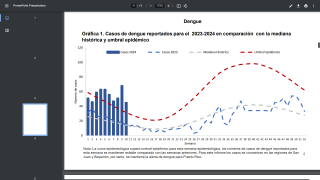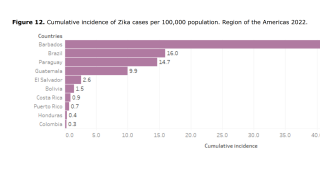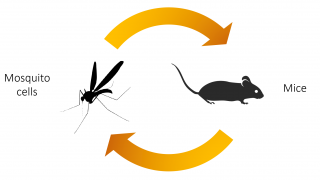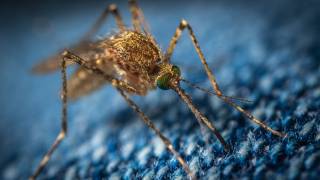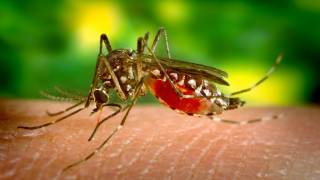Batavia Biosciences To Produce Zika Virus-Neutralizing Antibody

Batavia Biosciences announced it will utilize Horizon Discovery’s system for the production of a potent Zika virus-neutralizing antibody.
The Zika virus-neutralizing antibody was discovered 3 years ago by Vanderbilt University Medical Center (VUMC) researchers in collaboration with colleagues at the Washington University School of Medicine.
This group reported the isolation of a human monoclonal antibody that in a mouse model “markedly reduced” infection by the Zika virus.
The VUMC antibody, dubbed ZIKV-117, binds to an epitope or “part of” the Zika virus in a way that no other antibody has to date.
Batavia said it is working in collaboration with (VUMC) and IDBiologics, on this important project.
Currently, there is no way to prevent a Zika virus infection or its aftermath, said Batavia.
“We’re excited to work with Batavia to move this promising Zika antibody therapy one step closer to the clinic,” stated James Crowe Jr, M.D., Director of the Vanderbilt Vaccine Center.
“Developing high yield antibody producer CHO lines is difficult and expensive,” added Robert Carnahan, Ph.D., Director of Vanderbilt Antibody and Protein Resource.
“That is why this new solution is so important to the anti-Zika antibody project.”
In the Vanderbilt study, the researchers isolated antibodies from the blood of people who’d been previously infected with the Zika virus. The antibodies reacted to the envelope or “E” protein on the surface of the virus.
The researchers then generated a variety of monoclonal antibodies.
In cell culture studies, they identified one, ZIKV-117, which broadly neutralized several different strains of the virus. In mice infected by the Zika virus, injection of the antibody markedly reduced disease and mortality, and reduced transmission from mother to fetus.
Menzo Havenga, CEO, Batavia Biosciences, explained in a press release on September 3, 2019, “We are thrilled to now have access to Horizon’s expression system to complement our existing STEP® technology for recombinant protein production and to have VUMC and IDBiologics as collaborators on the development of a much needed Zika virus medical countermeasure.”
The Zika virus is an enveloped, positive-sense, single-stranded sRNA, arthropod-borne virus that is classified in the genus Flavivirus, family Flaviviridae, says the US Centers for Disease Control and Prevention (CDC).
Zika virus is closely related to other viruses of medical importance, such as dengue, West Nile, and yellow fever viruses.
Many people infected with the Zika virus won’t have symptoms or will only have mild symptoms. The most common symptoms of Zika are fever, rash, and a headache.
However, the CDC says a ‘Zika infection while pregnant could cause significant harm to un-born infants.’
According to various media reports, there are approximately 45 different Zika virus vaccine candidates at various stages of development with several undergoing phases I and II clinical trials in humans.
Multiple vaccine platforms, including live attenuated vaccines, chimeric virus vaccines, and RNA vaccines have been tested in pre-clinical mouse pregnancy models:
And, the US Food and Drug Administration has awarded ‘Fast Track’ status to certain Zika vaccine candidates:
In general, most of these vaccines were effective at reducing or preventing vertical transmission of the Zika virus in mice, in terms of reduced infection of the placenta, fetus and/or fetal brain.
However, to date, there has been less extensive testing for their ability to block vertical transmission to the fetus during pregnancy or prevent the development of Congenital Zika Syndrome.
Published by Zika News
Our Trust Standards: Medical Advisory Committee


